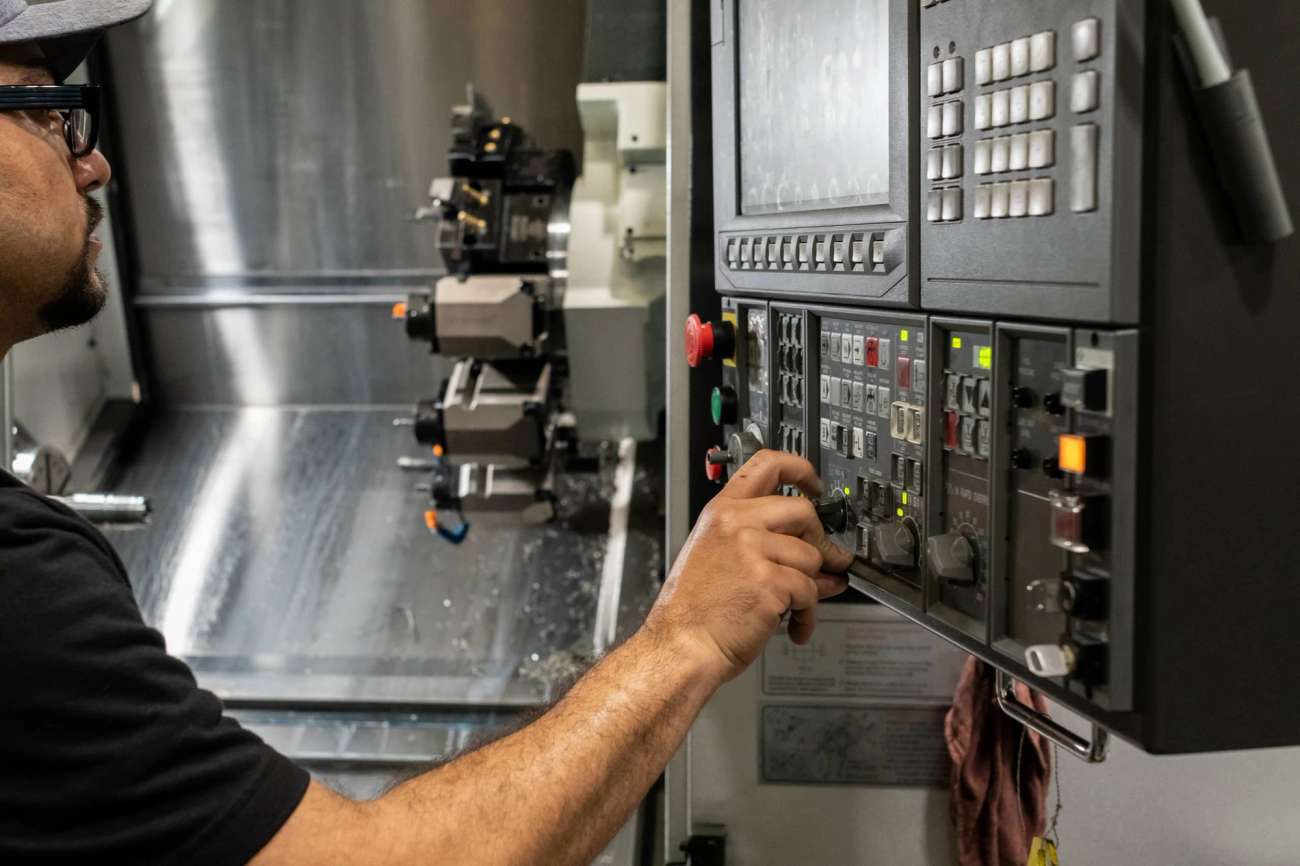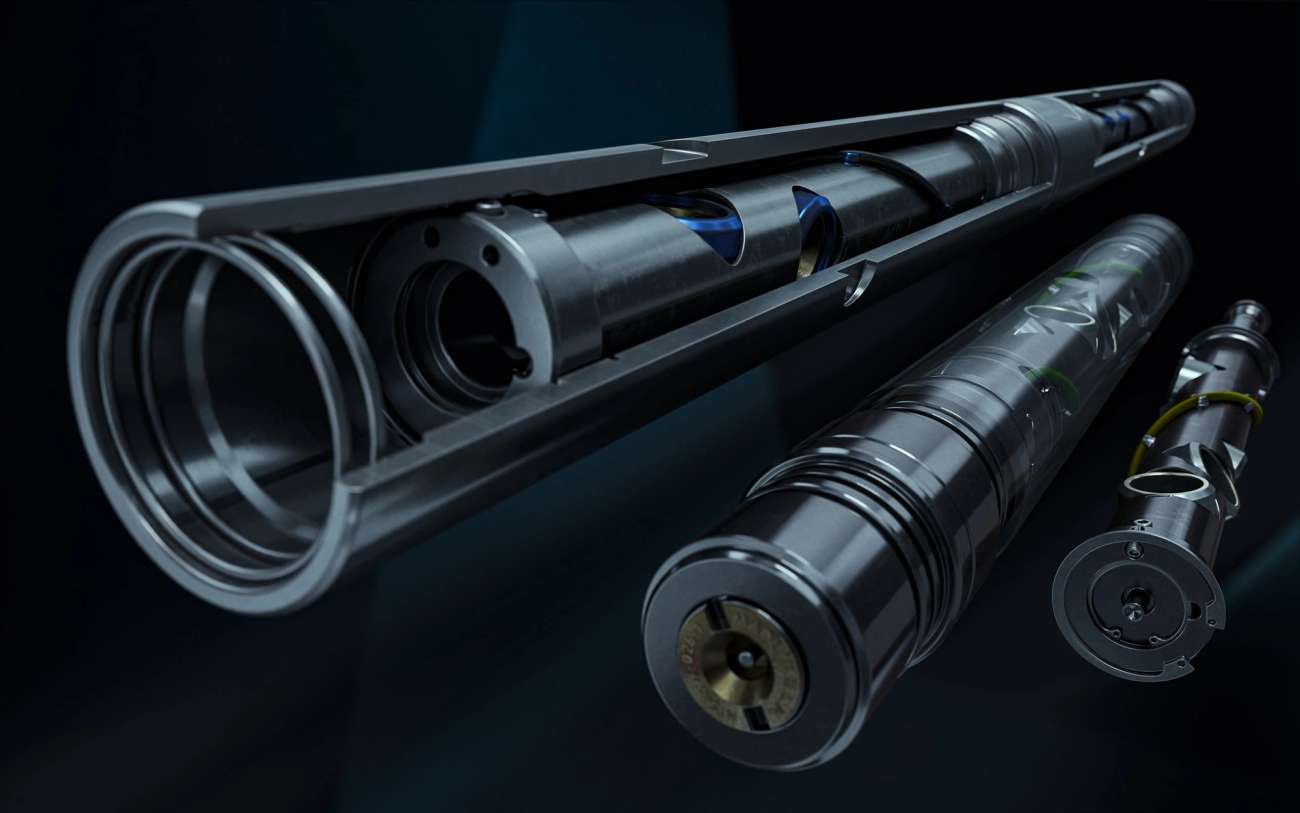Data & reporting
We support transparency and share information about our processes and operations whenever we can.
Standards & frameworks
Hunting has been reporting on a variety of Environmental, Social and Governance matters for a number of years.
We support transparency and share information about our processes and operations whenever we can. Our reporting is informed by a number of reporting standards and frameworks. We also participate in a selection of ESG ratings most often used by our stakeholders.
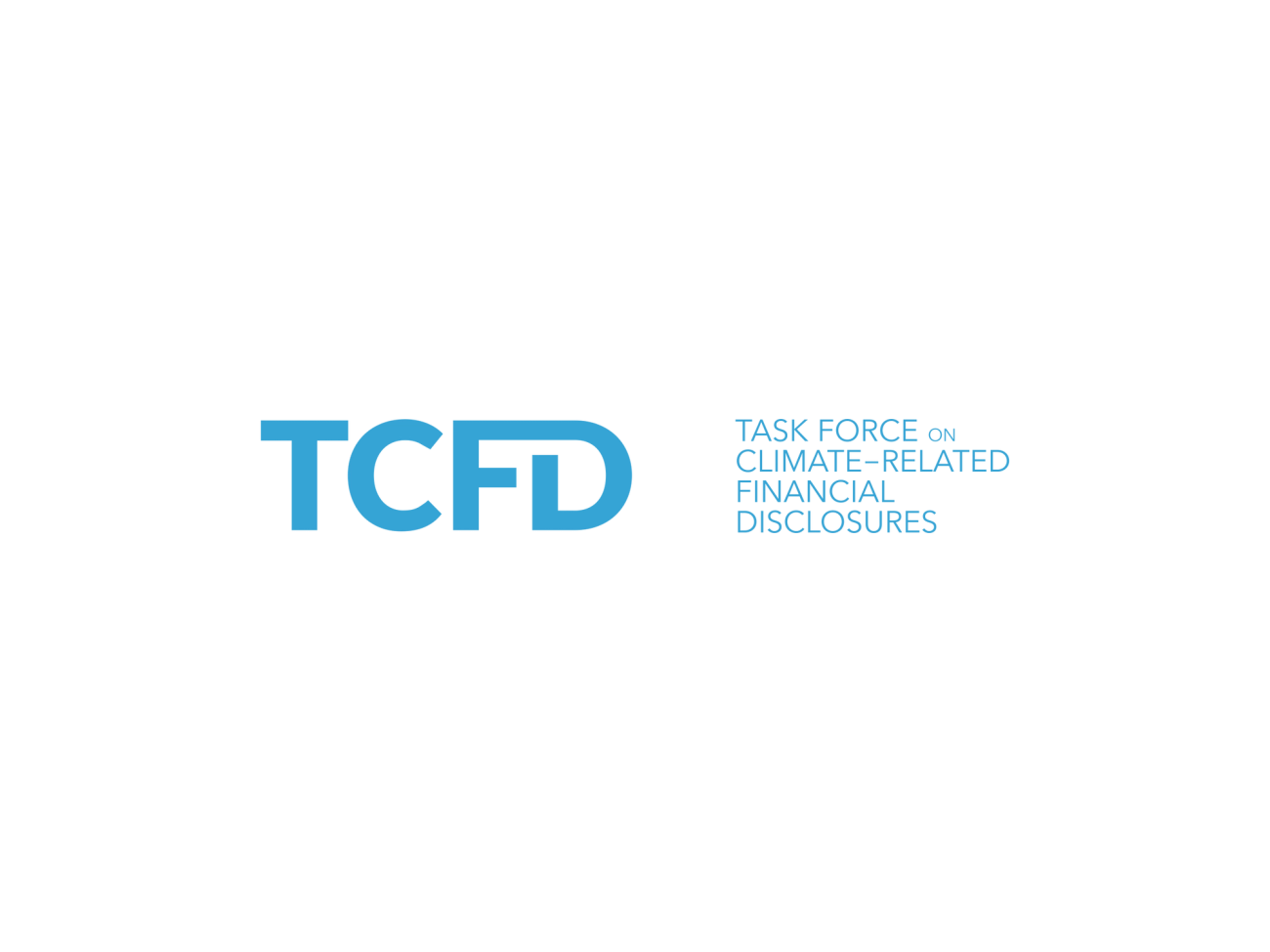
TCFD
The Task Force on Climate-Related Financial Disclosures (“TCFD”) was created in 2015. The TCFD focus is reporting on the impact an organisation has on the global climate in a clear, comparable, and consistent manner.
To achieve this, TCFD developed a reporting framework based on a set of 11 disclosure recommendations spanning four different areas: Governance, Strategy, Risk Management, and Metrics and Targets.
TCFDs are important for business to improve their own understanding of their long-term climate-related risks and opportunities. Click on the document for Hunting’s disclosure that are related to the recommendations by the TCFD and Hunting’s Annual Report and Accounts.
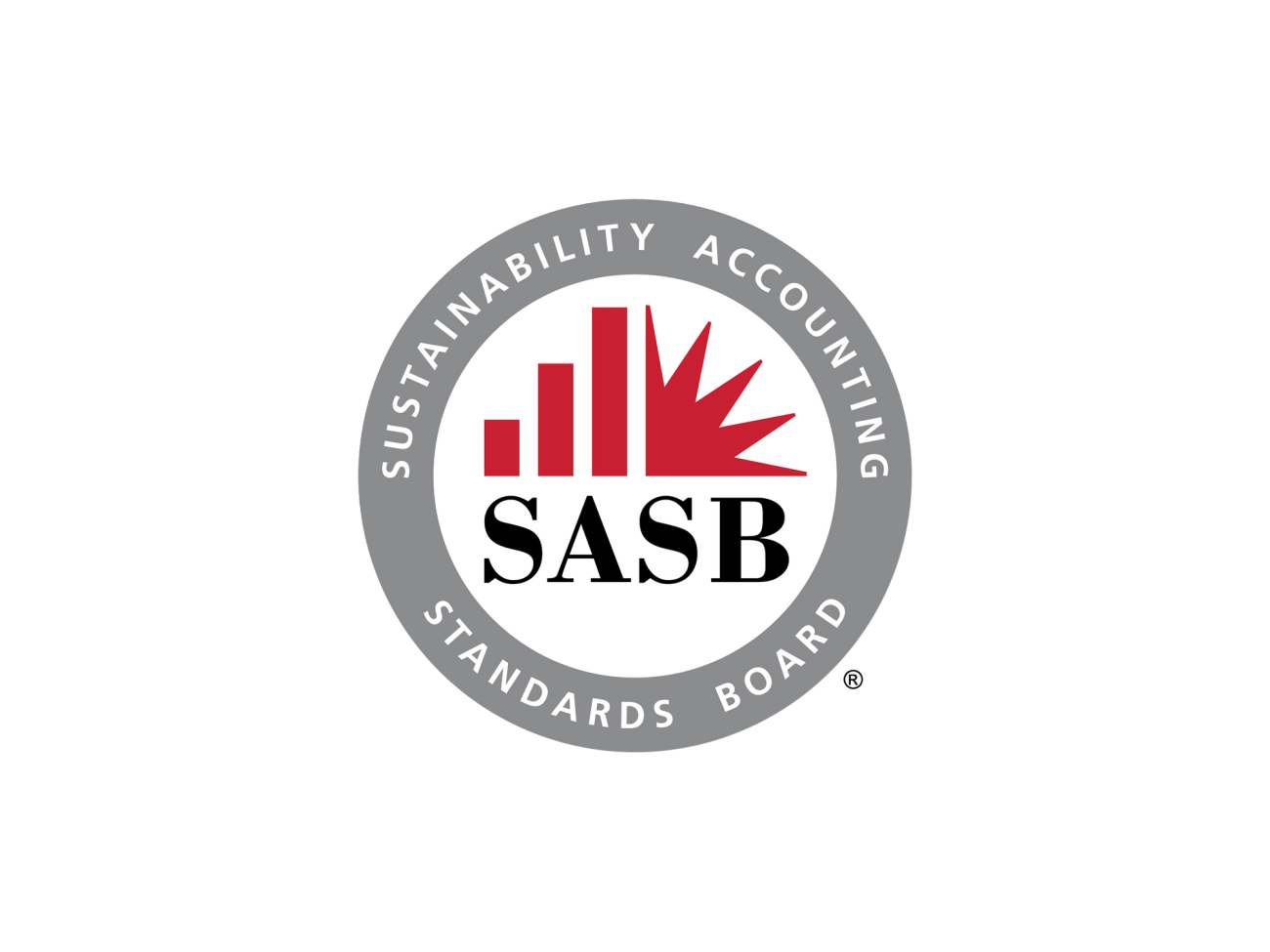
SASB
The Sustainability Accounting Standards Board (“SASB”) was founded as a not-for-profit, independent standards-setting organisation in 2011; their aim is to establish and maintain industry-specific standards that assist companies in disclosing financially material, decision-useful sustainability information to investors.
SASB has developed a set of 77 industry-specific standards that identify Environmental, Social, and Governance issues most relevant to financial performance in each industry.
In 2021, Hunting took several significant steps towards enhancing and formalising our ESG approach, including adopting the SASB standards for Oil and Gas – Services and Industrial Machinery & Goods.
Click on the document for Hunting’s disclosure against the SASB Oil & Gas -Services or Industrial Machinery & Goods Sustainability Accounting Standard.
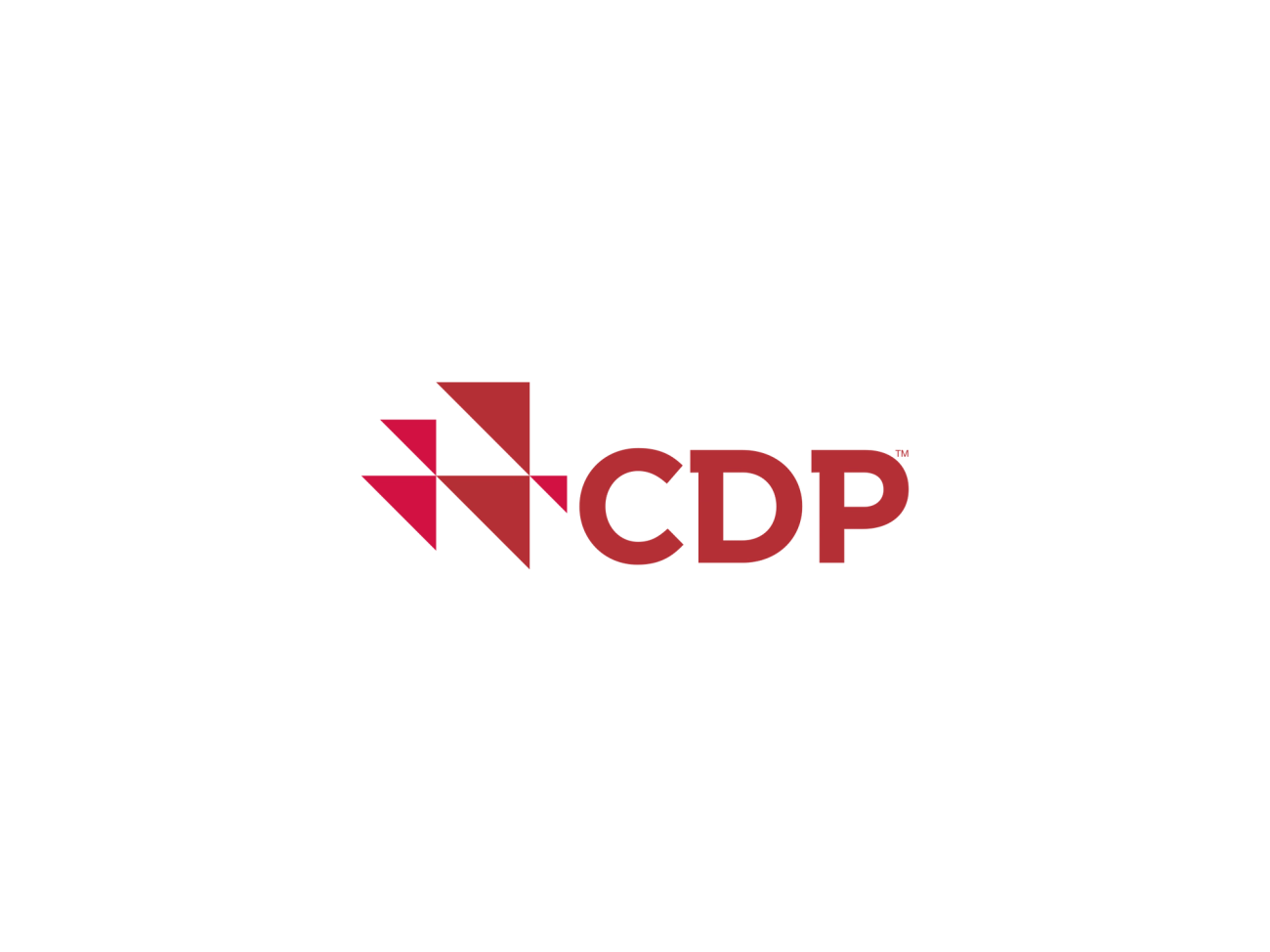
CDP Climate Change
CDP is a not-for-profit charity that runs the global environmental disclosure system for investors and companies to disclose and manage their environmental impact.
Hunting submits its greenhouse has data to the Carbon Disclosure Project (“CDP”) on an annual basis.
The data reported, and carbon dioxide conversion factors used to report the Group’s carbon footprint, are based on those published by the Department for Business, Energy & Industrial Strategy (“BEIS”), Department for Environment, Food & Rural Affairs (“Defra”) and the International Energy Agency (“IEA”).
Click on the document for Hunting’s CDP Climate Change Questionnaire 2022
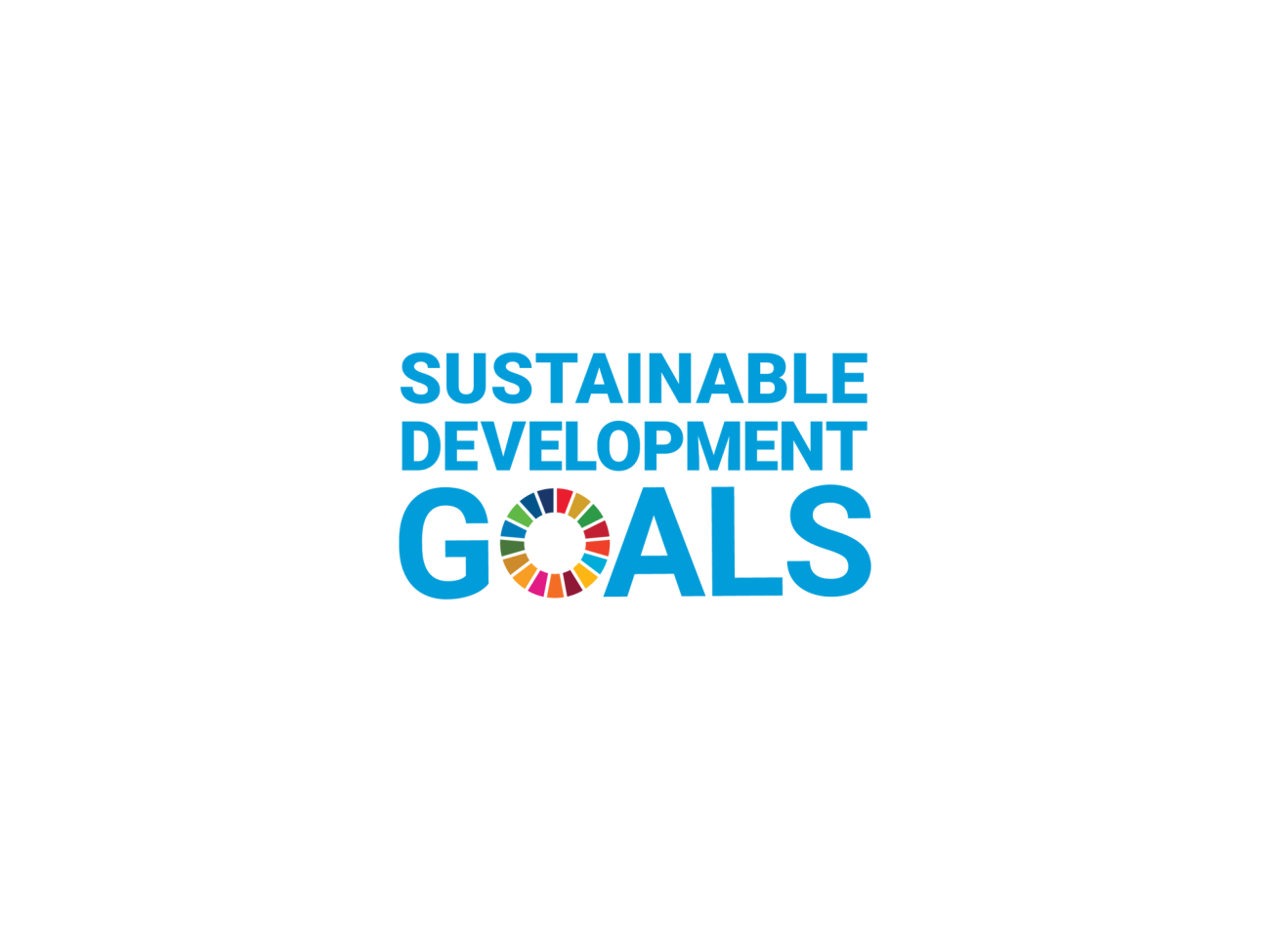
UN Sustainable Development Goals
The 2030 Agenda for Sustainable Development, adopted by all United Nations member states in 2015, provides a shared blueprint for peace and prosperity for people and the planet, now and into the future.
At its heart are the17 Sustainable Development Goals (“SDGs”),which are an urgent call for action by all countries – developed and developing –in a global partnership.
They recognise that ending poverty and other deprivations must go hand-in-hand with strategies that improve health and education, reduce inequality, and spur economic growth – all while tackling climate change and working to preserve our oceans and forests.
Our contribution to the SDGs
The 2030 Agenda for Sustainable Development, adopted by all United Nations member states in 2015, provides a shared blueprint for peace and prosperity for people and the planet, now and into the future.
At its heart are the 17 Sustainable Development Goals (“SDGs”), which are an urgent call for action by all countries – developed and developing – in a global partnership. They recognise that ending poverty and other deprivations must go hand-in-hand with strategies that improve health and education, reduce inequality, and spur economic growth – all while tackling climate change and working to preserve our oceans and forests.
At Hunting, we believe we can make a contribution towards achieving these goals, and that every contribution – no matter how small – can have an impact on the betterment of our society and the environment in which we operate. We have identified nine SDGs as areas where we can make a positive contribution.
3. Good health and well-being
The health and safety of our employees is of utmost importance to us. We have a responsibility for the health and safety of those who use or are affected by our services and equipment. We believe that we can address employee and community health through the systems we have in place, the training and support we provide, our access to healthcare, and through innovation and technology – by building and implementing safety-enhancing features in the work we do.
5. Gender equality
Our aim is to ensure that our workplaces and decision making are free from prejudice, and that hiring and promotion is based on merit. Not only do we aim to improve gender representation in our business, but we are specifically seeking to promote diversity on our Board and among our senior leadership.
6. Clean water and sanitation
We monitor and manage our water usage, understanding that water is a valuable and constrained resource, especially in some of the regions in which we operate. We protect water resources, guarding against potentially hazardous emissions to water bodies
7. Affordable and clean energy
Through the technology, products and services we provide to the oil and gas sector, we assist in the safe, and reliable extraction of resources, while minimising environmental impacts.
8. Decent work and economic growth
We have a skilled and diverse workforce, operating in 11 countries across the globe. We place a great focus on attracting and retaining talented employees, and ensuring that they are engaged and can develop to their full potential. We have measures in place to identify and guard against modern slavery and human trafficking.
9. Industry, innovation and infrastructure
We support inclusive and sustainable industrialisation, and produce and work with innovative technology that is safe and efficient.
12. Responsible consumption and production
As a responsible and efficient operator we strive to limit the consumption of the materials we use, and to increase recycling and integration into the circular economy. We are conscious of the need for responsible sourcing of materials.
13. Climate action
We recognise that climate change is a global challenge and a risk to our business, and that we can make a positive contribution towards climate change mitigation by improving our energy efficiency mix, and reducing our GHG emissions. We also recognise the need to understand and plan for climate change impacts and transition.
17. Partnership for the goals
We recognise that the achievement of the SDGs requires partnership and collaboration. Through Hunting’s TEK-HUB™, we seek to attract innovative individuals and companies to develop technology partnerships. By working in true collaboration, we will bring innovations to market under licence.
The UN sustainable development goals
At Hunting, we believe we can make a contribution towards achieving these goals, and that every contribution – no matter how small – can have an impact on the betterment of our society and the environment in which we operate
We have identified SDGs 3, 5, 6, 7, 8, 9, 12, 13 and 17 as areas where we make a positive contribution.
External valuations
Hunting participates in a number of Environmental, Social and Governance (“ESG”) surveys
MSCI ESG Rating
CDP (Climate Change)
| ESG Survey | Score |
|---|---|
| MSCI ESG Rating | AA |
| CDP (Climate Change) | D (2022) |
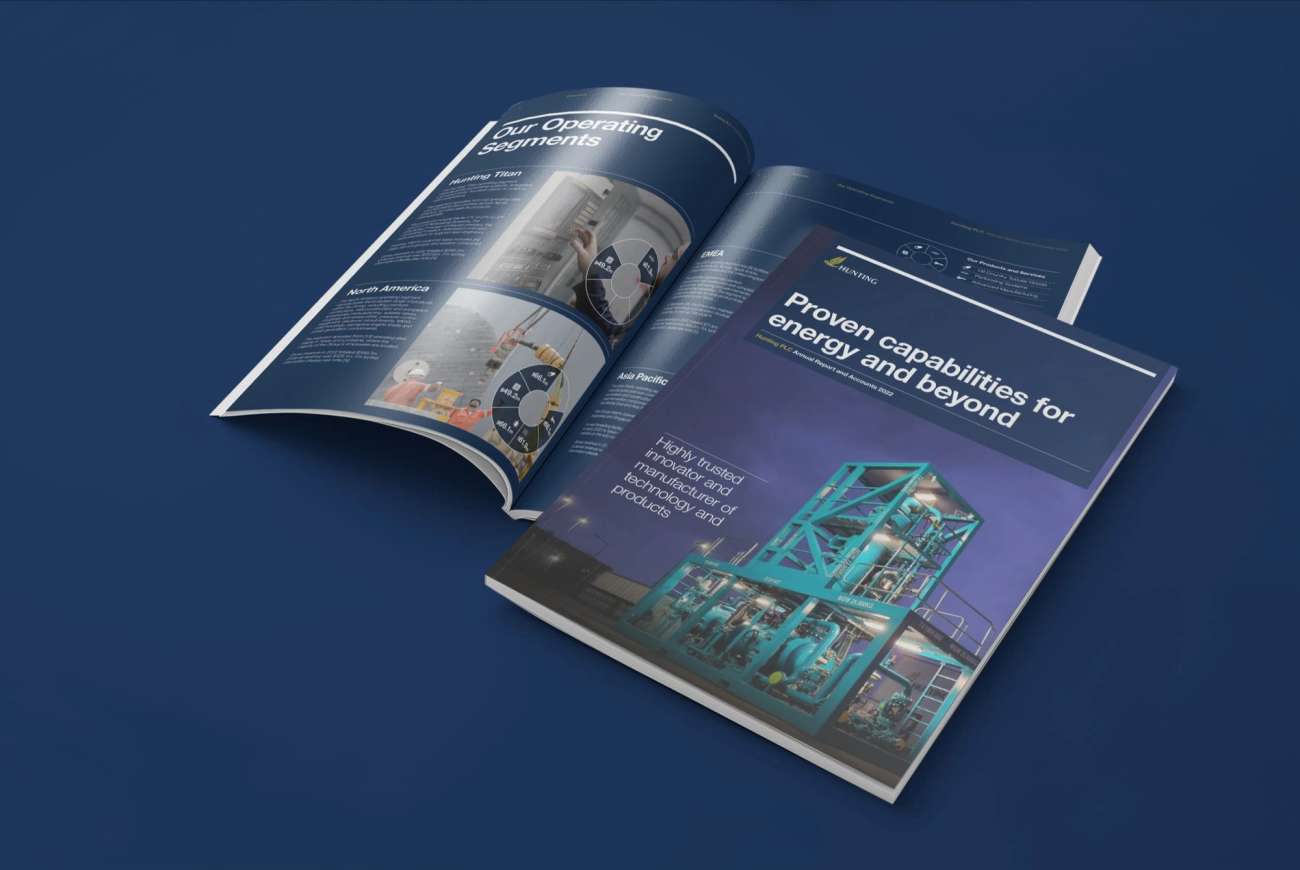
Annual reports
Read the full, comprehensive financial and strategic report for the year ended 31 December 2022

Hunting Review
Read the Hunting Review which provides information about Hunting's activities and interests.

ESG report
Read our ESG report summarising our progress on ESG topics that are important to our business and stakeholders.



